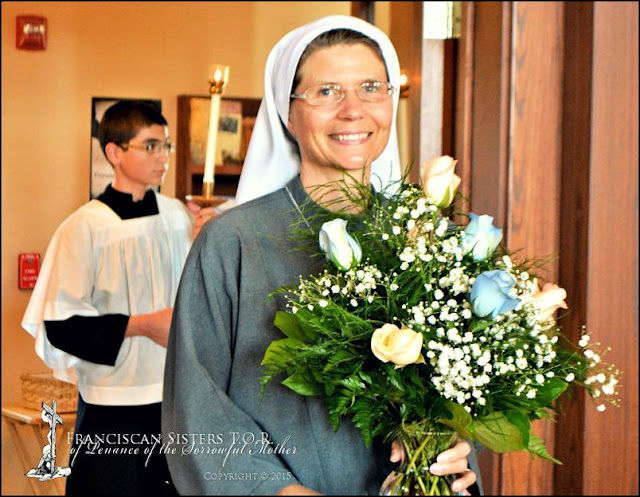Father of Mercy Chapel
Search This Blog
Support our life & mission:
Labels
- Advent (6)
- Austria (2)
- Christmas (4)
- Consecrated Life (6)
- Discernment (1)
- Femininity (2)
- Franciscan (3)
- Motherhood (5)
- News (2)
- Our Lady of Guadalupe (1)
- Pope Francis (2)
- Prayers (2)
- Sickness (2)
- Spiritual Motherhood (4)
- Sr. Sophia Grace (7)
- TheSisterhood (1)
- Year of Consecrated Life (2)
- mercy (5)
- ministry with poor (5)



































